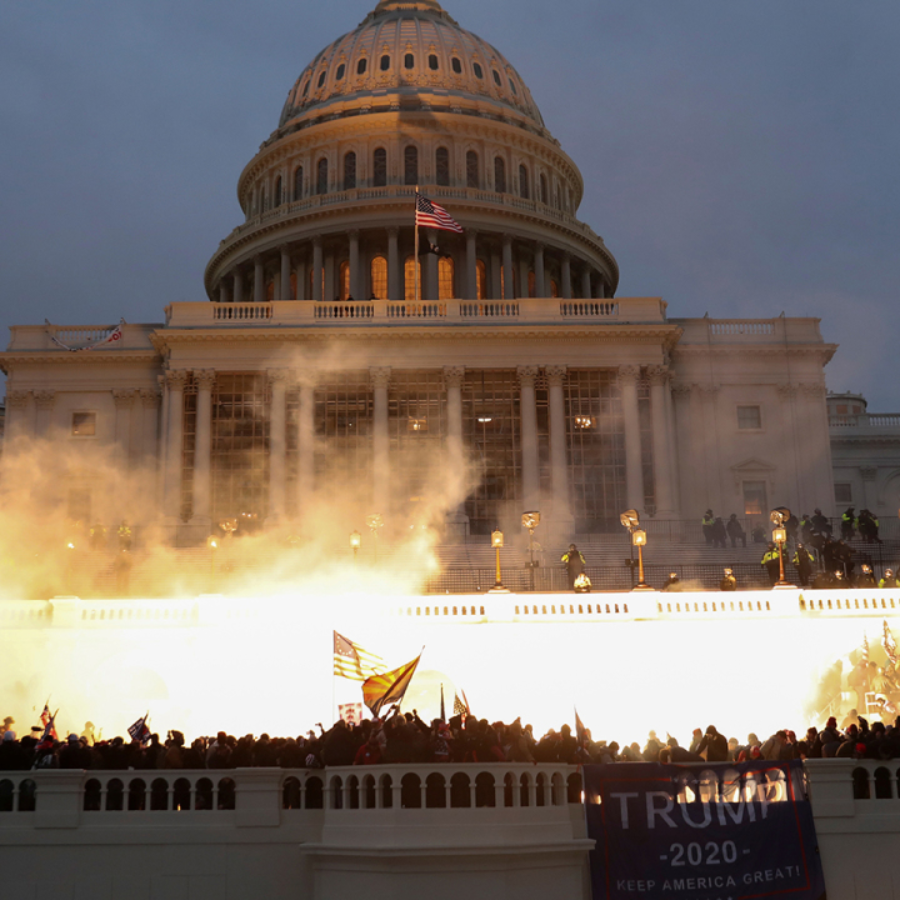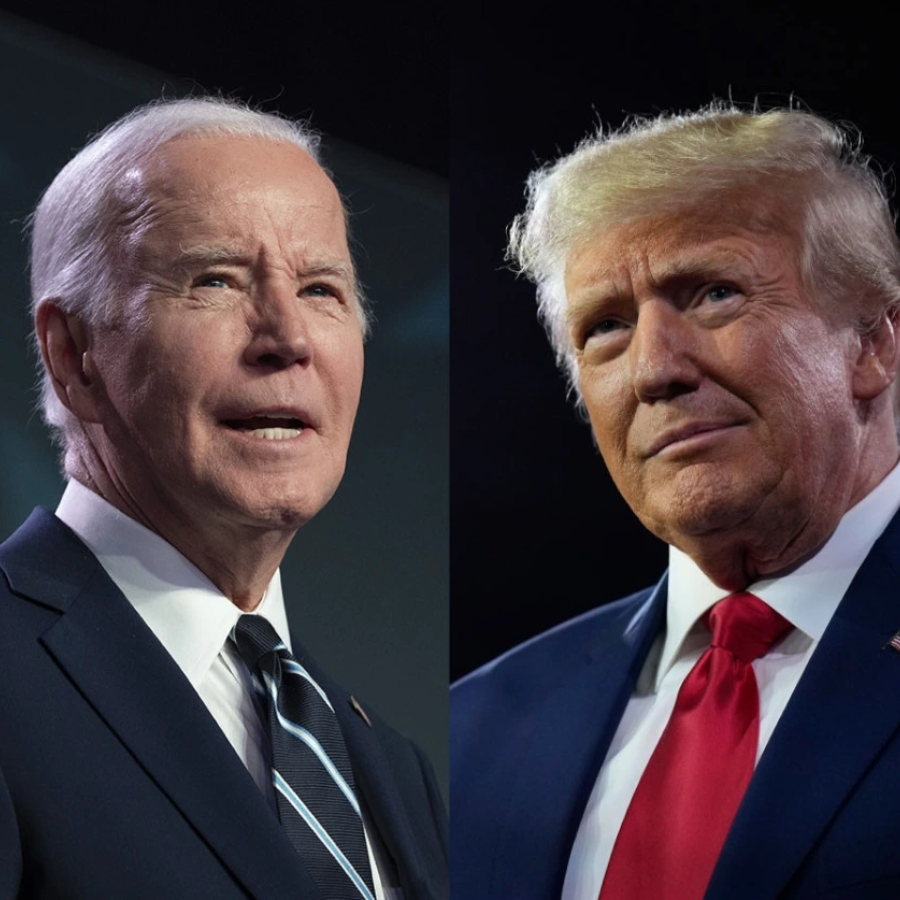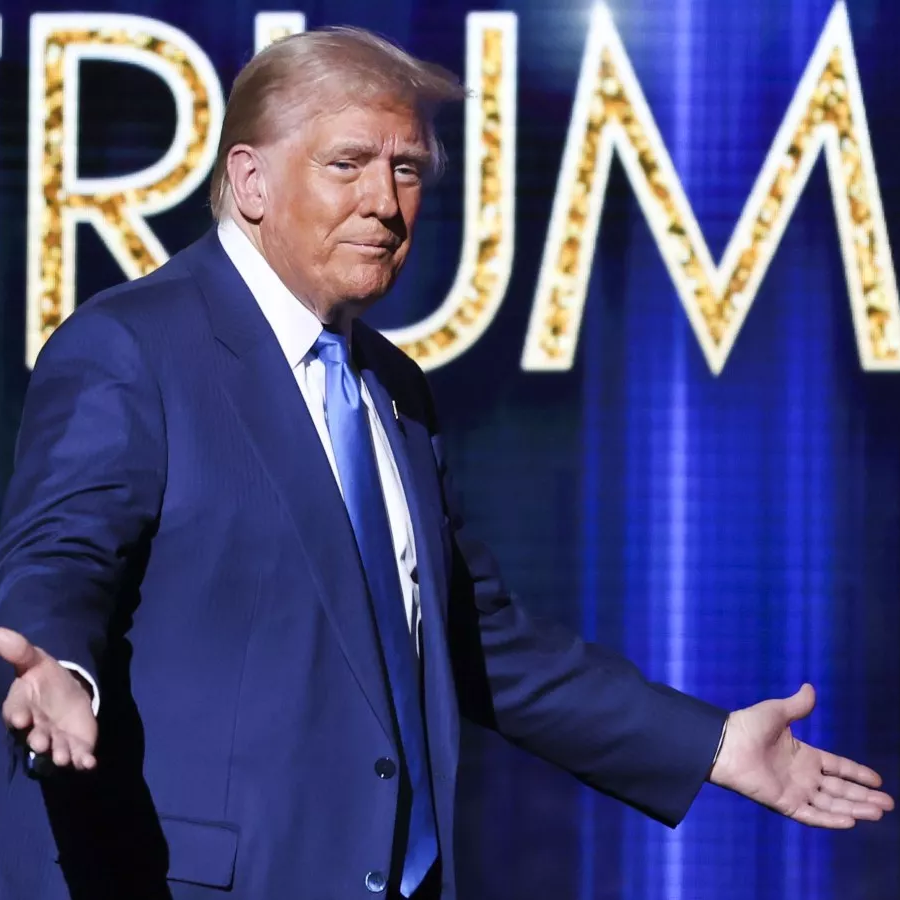In a recent interview, Donald Trump laid out a series of sweeping actions he would take if re-elected, including a focus on deportation, issuing pardons for supporters involved in the January 6th Capitol riot, and investigating his political enemies. Despite his claims of not seeking “retribution,” Trump made it clear that he would allow his appointees, like his potential attorney general Pam Bondi, to pursue investigations into key figures, such as members of Congress who led the January 6th investigations.
Trump’s remarks followed his suggestion that certain individuals, particularly members of the January 6th committee, should face criminal charges. He specifically mentioned Republican Liz Cheney and Democrat Bennie Thompson, co-chairs of the committee, calling for them to “go to jail” for their roles in investigating his conduct during the Capitol attack. Trump added that committee members could potentially seek preemptive pardons from President Joe Biden to avoid prosecution, even suggesting that Biden “should” consider granting them.

Trump also addressed the legal fate of the January 6th rioters, many of whom have faced criminal charges. While he refrained from directing the Justice Department to investigate members of Congress or Biden administration officials directly involved in the January 6th probes, he hinted that his future DOJ might pursue these cases without his direct involvement. He also noted that his chosen attorney general, Pam Bondi, should be allowed to decide whether to pursue such investigations.
In terms of pardons, Trump reiterated that he would consider issuing pardons to those involved in the January 6th riot on his first day back in office. He claimed that the individuals who have been detained for years following the attack have been subjected to harsh conditions in jail and that this was unjust. His comments align with his prior statements about providing clemency to those who supported him during the riot.

However, when asked about launching an investigation into Joe Biden’s conduct, Trump expressed reluctance to revisit the past. He stated that while he often labeled Biden as “corrupt” during his campaign, he was more focused on securing a successful future for the country. Trump indicated that his administration would focus on achieving success, rather than pursuing vengeance, despite his earlier comments regarding potential investigations into Biden’s actions.
Throughout the interview, Trump presented a nuanced approach, occasionally expressing a desire for unity and emphasizing the importance of bringing the country together. He also indicated that he would make unity a central theme of his potential inauguration speech. However, his calls for unity were often overshadowed by his harsh criticisms of political opponents, and he continued to refuse to acknowledge his loss in the 2020 presidential election.

Overall, Trump’s statements suggest a continuation of the combative, confrontational approach that characterized much of his first term. His plans for pardons, deportations, and potential investigations reflect a deepening divide in American politics, with his administration potentially moving to reverse or challenge the investigations into his own actions surrounding January 6th. Despite his rhetoric, Trump has also sought to project an image of a leader focused on success and national unity, though his actions may continue to fuel political tensions.





